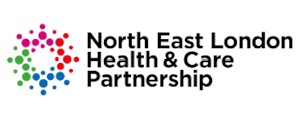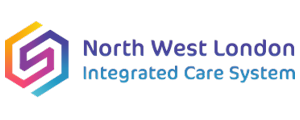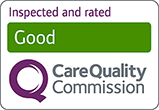Mental Health Conditions
These are complex health issues known to cause distress, and affect peoples’ thoughts, moods, or behaviour, how they cope with work, manage relationships or everyday tasks, and the way they perceive the world around them.
There are many different types of mental illness, which can be grouped as follows disorders: Psychotic disorders, for example, schizophrenia, Mood disorders, such as depression or bipolar disorder, Anxiety disorders, Personality disorders, Eating disorders, Post-traumatic stress disorder and Substance abuse disorders.
Mental illnesses can last for a short time or the whole of life. However, they are treatable, and most people recover to live their lives productively. The symptoms depend largely on the mental illness diagnosed and confirmed by a specialist psychiatrist or psychologist. Treatment and support provided are different and vary according to the symptoms presented for each type of mental illness.
We have trained mental health nurses, and experience in supporting service users with the most common conditions, and our range of services which include the following are provided in partnership with clinical and other healthcare professionals, for examples:
We use a recovery approach; helping service users with goal setting so they can achieve their aspirations and dreams, person-centred/individualised support planning with them, personal care, involving family for support where applicable, supporting them to connect with their faith e.g. going to church/mosque, helping them access mental health services and to manage setbacks, helping them to access education/training and work.
Self-care e.g. beauty sessions, encouraging regular exercises, encouraging healthy eating, staying hydrated, promoting good sleep, staying connected, and doing relaxing activities such as music sessions etc.
Promote a sense of safety, hope and self-esteem using our service user safety guidelines, mental health-trained staff, clean and safe accommodation, and behavioural modification strategies.
Medication administration, monitoring efficacies, adverse effects, and compliance management.
Supporting service users to access specialist tertiary services such as Behavioural Psychologist, Talking Therapy, Music Therapy, Art Therapy, Psychotherapy, counselling, etc.
Mental health recognition, awareness, and relapse prevention training for our service users.
Providing harm minimisation strategies and working actively with our service users on positive risk-taking, proactive management of suicidal thoughts or ideation and suicide prevention.
Supporting our service users to maintain healthy lifestyle measures, such as exercise, smoking cessation, promoting healthy dietary intake, and abstinence from harmful substances.
Accessing complimentary programmes, for example, relation, mindfulness, and Yoga
Community integration (engaging service users in community activities of their choice).
Provision of structured individualised or group activities, including support to access Day Services available.
1:1 structured keyworker session, including counselling and life skill coaching.













